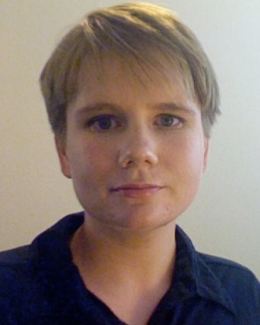Abstract
Some of the most significant achievements of the modern era of particle physics, such as the discovery of the Higgs boson, have been made possible by the tremendous effort in building and operating large-scale experiments like the Large Hadron Collider or the Tevatron. In these facilities, the ultimate theory to describe matter at the most fundamental level is constantly probed and verified. These experiments often produce large amounts of data that require storing, processing, and analysis techniques that continually push the limits of traditional information processing schemes. Thus, the High-Energy Physics (HEP) field has benefited from advancements in information processing and the development of algorithms and tools for large datasets. More recently, quantum computing applications have been investigated to understand how the community can benefit from the advantages of quantum information science. Nonetheless, to unleash the full potential of quantum computing, there is a need to understand the quantum behavior and, thus, scale up current algorithms beyond what can be simulated in classical processors. In this work, we explore potential applications of quantum machine learning to data analysis tasks in HEP and how to overcome the limitations of algorithms targeted for Noisy Intermediate-Scale Quantum (NISQ) devices.



